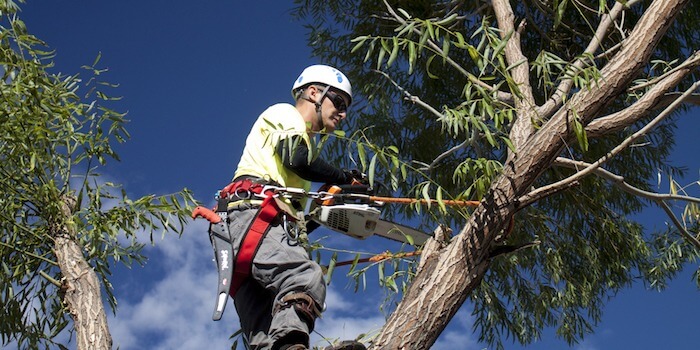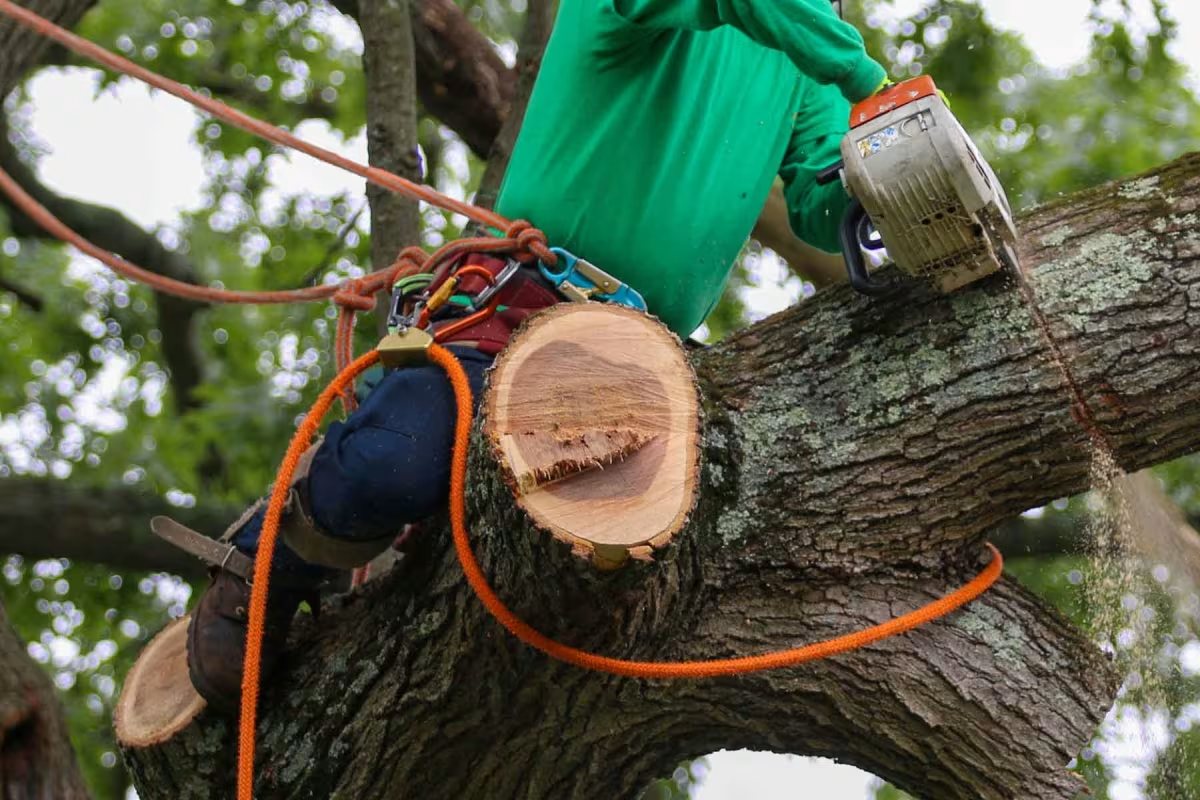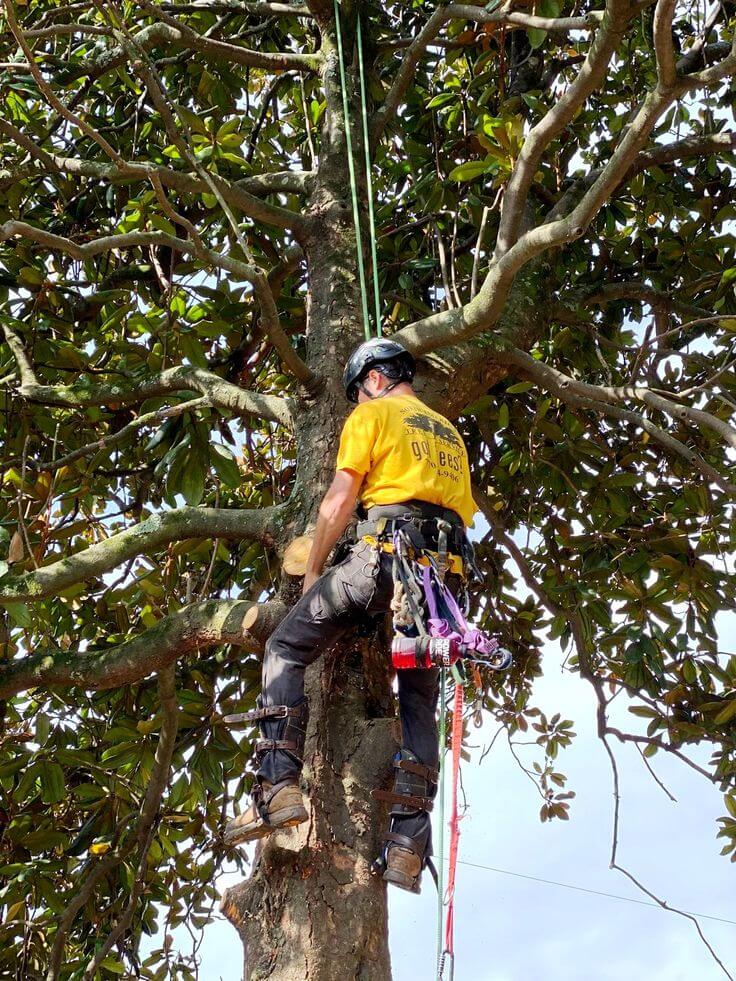Finding a Free Arborist Near Me
A Comprehensive Guide
Trees are more than just beautiful additions to your property—they’re vital for the environment and your home’s curb appeal. However, maintaining their health and safety isn’t always straightforward. That’s where arborists come in! If you’re asking yourself, “Where can I find a free arborist in my area?” this guide has all the details you need.
Introduction to Arborists
Tree care experts, known as arborists, specialize in maintaining the health, safety, and visual appeal of trees. Their work spans from pruning and disease diagnosis to offering advice on tree planting. Think of them as doctors for your trees, ensuring they thrive in any environment.
Whether it’s a sprawling oak or a delicate cherry blossom, arborists understand the specific needs of different species. Their expertise prevents problems like overgrowth, structural damage, or health decline, making them invaluable for property owners.
Why Do You Need an Arborist?
Hiring an arborist isn’t just about aesthetics; it’s about safeguarding your property. Weak or damaged trees can pose serious risks, especially during storms. Expert maintenance guarantees your trees stay vibrant, secure, and aesthetically pleasing. Additionally, investing in tree care can increase property value, as well-maintained trees often enhance the charm and functionality of outdoor spaces.
How to Find a Free Arborist
Local Government and Community Programs
Did you know your local government might offer free arborist services? Many municipalities provide free tree assessments, especially for trees in public spaces or those posing safety hazards. Check with your city’s parks or public works department to learn about available resources.
Community-led initiatives are another avenue. Groups focusing on urban greenery or environmental conservation often partner with arborists to provide free consultations and advice.
Nonprofit Organizations
Tree conservation groups like the Arbor Day Foundation or local tree trusts often connect property owners with certified arborists. These organizations aim to promote healthy tree practices and may offer complimentary evaluations as part of their mission.
Utility Companies and Tree Services
Utility companies frequently hire arborists to ensure trees near power lines don’t interfere with electrical systems. If you have trees in such areas, you might be eligible for a free consultation or trimming service. Additionally, some tree care businesses run promotions offering free initial evaluations to attract new clients.
Online Resources for Finding Free Arborists
Arborist Directories and Forums
The internet is a treasure trove for locating free arborist services. Websites like the International Society of Arboriculture (ISA) feature directories of certified professionals. Browse listings, read reviews, and find arborists offering complimentary assessments in your area.

Social Media and Community Boards
Platforms like Facebook, Next-door, and even Reddit can be goldmines for finding free arborists. Join local community groups to post inquiries, or browse past discussions for recommendations. You might find a neighbor who recently used free arborist services and can point you in the right direction.
Signs You Need an Arborist Immediately
Visible Tree Damage
Noticed a tree leaning precariously or a branch dangling dangerously close to your roof? These are warning signs that demand urgent action. Cracks, splits, and exposed roots also indicate structural issues that could lead to serious accidents if left unchecked.
Signs of Disease or Infestation
Trees can fall victim to diseases and pests like any living organism. Fungal growth, leaf discoloration, and pest activity often signal underlying issues. Catching these problems early can save your tree—and your wallet—from more extensive damage.
Questions to Ask Before Hiring an Arborist
Verifying Certification and Experience
When hiring an arborist, one of the first steps is verifying their credentials. Look for certifications like the International Society of Arboriculture (ISA) or Tree Care Industry Association (TCIA) membership. These certifications indicate professional training and adherence to industry standards.
Ask about their experience, especially with the specific tree species or problem you’re facing. An experienced arborist is more likely to provide accurate diagnoses and effective solutions, saving you time and money.
Understanding Service Scope
It’s important to know exactly what a free consultation covers. Will the arborist provide a full evaluation, or is the service limited to basic advice? Some arborists might include a complimentary health assessment, while others may charge for detailed reports or treatment recommendations. Being aware of what’s included guarantees you won’t encounter any unexpected surprises.
Benefits of Hiring a Certified Arborist
Ensuring Tree Health
Trained arborists offer specialized knowledge that surpasses standard tree maintenance practices. They can identify subtle signs of health issues and recommend precise treatments. Regular maintenance by an arborist can help trees grow stronger and live longer, which is essential for preserving the beauty of your property.

Preventing Future Problems
A little proactive care goes a long way, especially when it comes to maintaining healthy trees. Certified arborists can spot potential issues—like weak branches or pest infestations—before they escalate into costly problems. They also provide advice on tree planting and placement to avoid future conflicts with structures or utilities.
Cost-Saving Tips for Professional Tree Care
Seasonal Promotions
Tree care companies often run seasonal discounts or offer free consultations during slower months. Winter is usually the off-season for arborists, making it an excellent time to book affordable services. Keep an eye on local advertisements and websites to find these deals.
DIY Maintenance for Basic Tree Care
While some tasks require professional expertise, basic maintenance like watering, mulching, and pruning small branches can be done yourself. By handling routine care, you reduce the need for frequent professional interventions. However, always consult an arborist for major issues or large-scale pruning to avoid accidents or damage.

